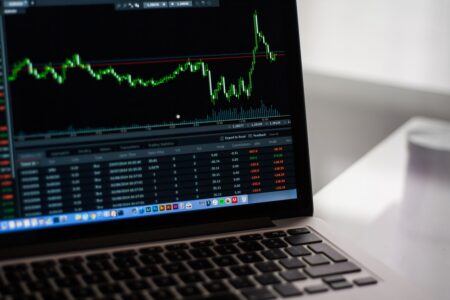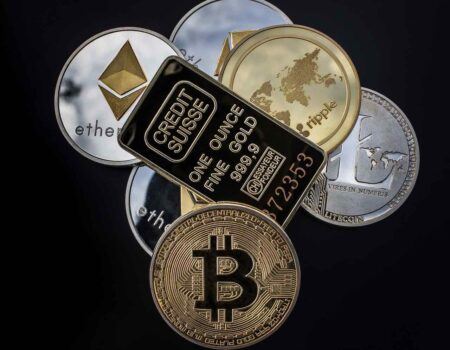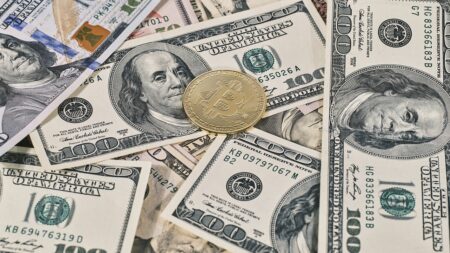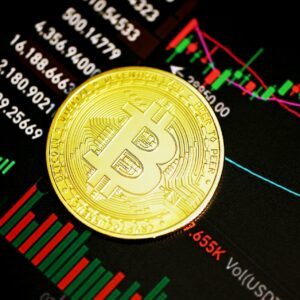South Korean authorities have decided to step up their crypto fraud investigation into Shinil Group, the company that launched a kind of ICO promising profits from sale of gold allegedly aboard a Russian warship sunk in 1905, according to a report in Korea JoongAng Daily, an English language newspaper based in South Korea.
As previously reported on CryptoGlobe, on 17 July 2018, Shinil Group, a construction company headquartered in Seoul, announced to the world via a press release that it had found on 15 July 2018 the wreckage of “Dmitrii Donskoy”, a Russian armored cruiser ship that had sunk in 1905 near the Ulleungdo (an insland in “Sea of Japan”, east of mainland South Korea). It said that it had found the stern of the ship 1.3km from Ulleungdo Island. The company released this photo (taken by the exploration team) of the stern (on which the ship’s name is inscribed) to back up its claim:

Furthermore, the press release stated that the exploration team had found “a large amount of iron boxes in the stern.” The company later quoted from various unsubstantiated reports that the Dmitrii Donskoi, which was deliberately sunk by its crew during the Russo-Japanese war in 1905, was carrying 5,500 boxes of gold bars and coins, weighing around 200 tons, and worth around 150 trillion South Korean won (approximately $130 million) today.
A BBC news report on 18 July 2018 stated, that according to rumors, “the Donskoi was carrying the gold for Russia’s Pacific Fleet, used to pay crew salaries and docking fees”, although it expressed doubt that these were true: “no proof exists that the ship carried gold, with academics raising doubts that a warship would carry such valuable cargo.” One example (of such an academic figure) given by the report is Kirill Kolesnichenko, a professor of social sciences at Russia’s Far Eastern Federal University, who apparently “told Russian news site RIA Novosti that keeping all your money on one ship would be too dangerous”, asking “why Russia would send gold by ship when it could move it by train to Vladivostok without any risk.”
Around a week later, on 26 July 2018, according to a report by Reuters, the South Korean company backtracked on its gold claims, saying that it had “not verified the existence of any gold”, and “apologized for having cited unverified news reports saying the ship held about 150 trillion won ($130 billion) worth of gold.” The report provided this statement by Shinil Group’s CEO, Choe Yong-seok:
“The reports said the Donskoi held 200 tonnes of gold but that would only be 10 trillion won at current value… We apologize to the public for the irresponsible citation.”
Reuters further notes that a day earlier (i.e. on 25 July 2018), the governor of South Korea’s Financial Supervisory Service (FSS), Yoon Suk-heun, said that the financial watchdog was also investigating “cryptocurrency issues”. What he was referring to was a website under Shinil Group that mentions that Shinil Group has launched a cryptocurrency exchange called “Donskoi International Exchange” that will hand out crypto tokens—25 “Shinil Gold Coins” (SGCs)—to anyone signing up with the exchange. The site claimed that by doing so, “people will become naturally interested in the Donskoi treasure ship, and will have hope and pride as a result”; it said that these virtual coins could then be “exchanged for cultural vouchers, according to the deduction percentage, and used as cash across categories such as stationery, bookstores, films, performances, leisure, dining, music, clothing, gas, and shopping, thus stimulating the local economy and job creation.”
The report in “Korea JoongAng Daily” says that on Monday (30 July 2018), “Seoul’s Gangseo District Police issued a travel ban Monday on Choi Yong-seok, the CEO of Shinil Group, and others associated with the company.” One source told the newspaper that “the coin attracted 60 billion won in investment from around 100,000 people after it launched this year.”
Featured Image Credit: Photo via Pexels.com









